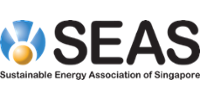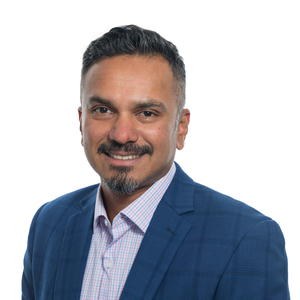Event Details
Registration is still available.
Climate change is one of the most pressing challenges of our time, and it requires urgent and collective action from all sectors of society. As a commercial and industrial energy user in Singapore, you have a unique opportunity and responsibility to contribute to the global efforts to reduce greenhouse gas emissions and mitigate the impacts of climate change. By doing so, your organisation can benefit from improved operational efficiency, an enhanced reputation, increased competitiveness, and reduced risks.
In this intimate mini masterclass, you will learn how to measure, manage, and reduce your scope 1, 2, and 3 greenhouse gas emissions in the Singaporean context. You will also gain essential knowledge and skills for initiating and implementing sustainability projects that align with your business goals and comply with the relevant regulations. Whether face-to-face or online, our experienced facilitators (who have a broad range of decarbonisation and GHD experience within the Australian and Singaporean energy sectors), will provide examples of best practice and success stories from a combination of Australian and international businesses who have significantly reduced their emission reductions through innovative solutions.
Course Learning Outcomes
After completing this course you will:
- have an in-depth, clear understanding of greenhouse gas emissions and decarbonisation as well as the importance and benefits decarbonisation has for your organisation and both the Singaporean and global environment.
- have a practical emissions reduction roadmap for reducing emissions in your business and be able to integrate sustainable solutions that suit your needs and circumstances.
- acquire the skills and knowledge needed to initiate and manage emissions reduction projects within your organisations, incorporating sustainable solutions and compliance with reporting requirements.
Course Outline
Module 1: Understanding GHG emissions and decarbonisation.
‐ Discuss the importance of decarbonisation efforts in Singapore and Globally.
‐ Define and differentiate scope 1, 2, and 3 emissions.
‐ Highlight the role of renewables, energy efficiency, and EV adoption in decarbonisation.
‐ Provide brief case studies of successful decarbonisation initiatives.
Module 2: Measuring and managing scope 1, 2, and 3 emissions.
‐ Explain how to identify and measure scope 1, 2, and 3 emissions in businesses.
‐ Present quick examples of emissions calculations for various industries.
‐ Discuss quality management principles for emissions data.
Module 3: Regulatory compliance and reporting Globally and in Singapore
‐ Explore International emissions reporting regulations relevant to scope 1, 2, and 3 emissions and its impact on Singaporean companies.
‐ Explore Singaporean emission reporting regulations.
‐ Share brief case studies of international companies complying with emissions reporting requirements.
‐ Provide an overview of the emissions verification process in Singapore.
Module 4: Implementing sustainable solutions for emissions reduction.
‐ Dive into concise case studies of Australian businesses reducing scope 1, 2, and 3 emissions:
‐ Scope 1: discuss examples of Australian companies reducing direct emissions through technology or process changes.
‐ Scope 2: explore case studies of organisations in Australia transitioning to renewable energy sources.
‐ Scope 3: highlight Australian businesses optimising supply chains to reduce emissions.
‐ Emphasise the interconnectedness of the three scopes and simultaneous emissions reduction strategies.
Module 5: Building an actionable roadmap.
‐ Guide participants in developing a practical roadmap for reducing scope 1, 2, and 3 emissions in their own Australian organisations, considering the insights gained throughout the course.
Who Should Attend
This half-day greenhouse gasses and decarbonisation mini masterclass is designed for:
Decision makers and leaders within Singaporean and global businesses who want to understand greenhouse gas emissions and decarbonisation and be able to make practical changes to their organisations to reduce their emissions.
Like to learn and network in a small and intermit group environment (10-12)
C&I energy users who are time-poor but can block few hours in the working week to undertake the online modules (online only).




